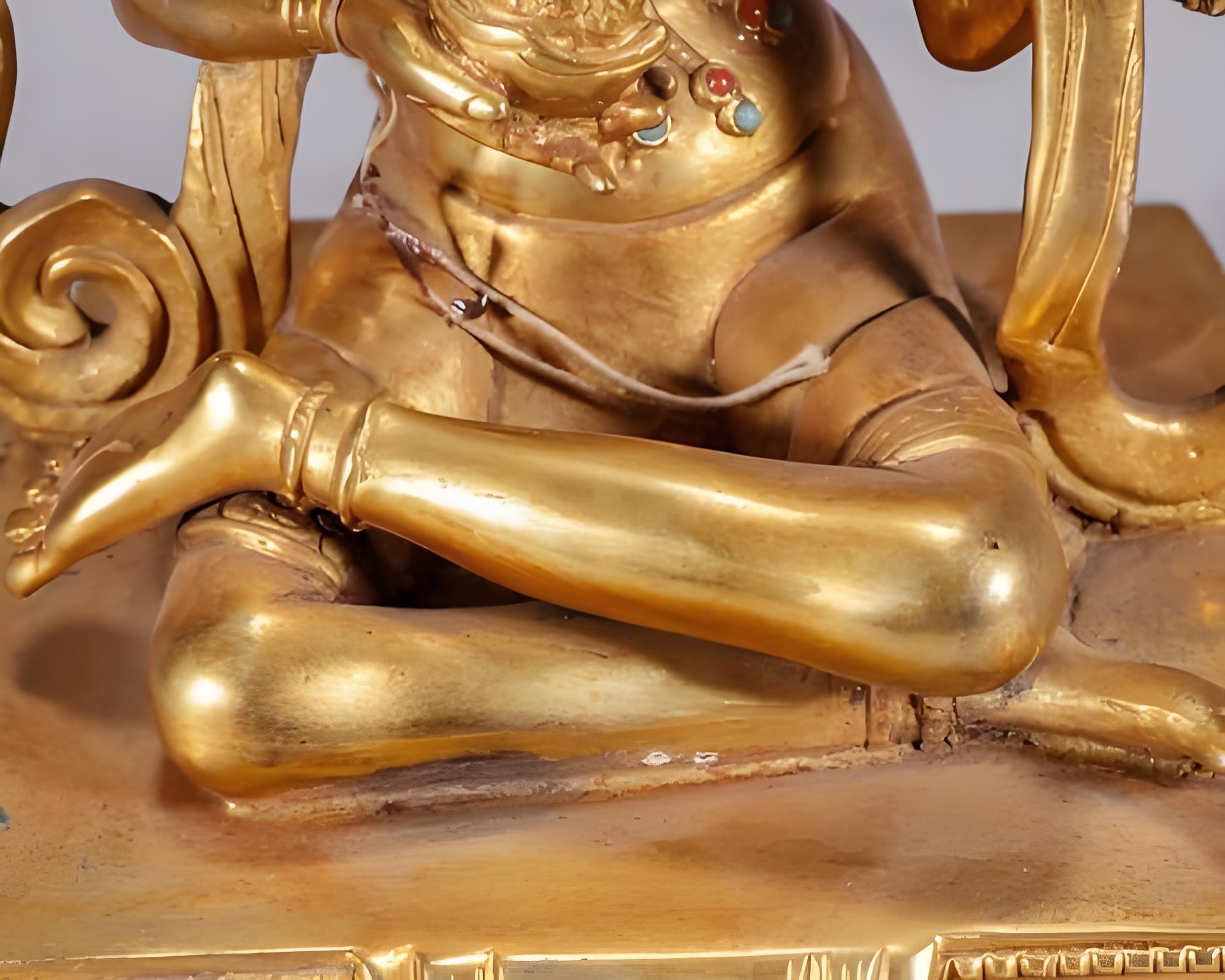type
status
date
slug
summary
tags
category
icon
password
AI summary

Zen, derived from the Sanskrit word "dhyana," means "meditation," "contemplation," or "perfect absorption." It refers to the process of entering a meditative state through mental concentration. Its aim is to achieve enlightenment and liberation by directly transmitting the Buddha's mind-seal, realizing one's own mind, and awakening to one's inherent Buddha nature. This is a fundamental and essential practice in Buddhism.
Zen, also known as the "School of the Patriarchs," traces its origins to the Vulture Peak Assembly in ancient India. When someone asked Buddha to preach, he simply held up a flower. While the assembly remained silent, not understanding the meaning, only his disciple Mahakasyapa smiled, indicating his understanding of Buddha's intention. This wordless transmission, mind-to-mind communication, and sudden enlightenment is the essence of Zen.
Due to Mahakasyapa's understanding, Buddha declared, "I possess the treasury of the true dharma eye, the subtle mind of nirvana, the formless true form, and the ineffable gate of dharma. I entrust it to Mahakasyapa." Thus, Mahakasyapa became recognized as the first patriarch of Zen, with the lineage continuing for 28 generations in India.

The founder of Zen in China was Bodhidharma, the 28th patriarch from India. He established the Zen principle of "special transmission outside the scriptures, not relying on words and letters, directly pointing to the human mind, seeing one's nature and becoming a Buddha." He also introduced the practices of "entering through principle" (helping to realize one's true nature) and "entering through practice" (eliminating all attachments and maintaining a pure mind).
Zen flourished under the Sixth Patriarch, Huineng, and became the mainstream of Chinese Buddhism after the mid-late Tang Dynasty. It is also one of the most important symbols of Chinese Buddhism. While most Chinese Buddhist schools originated in India, only the Tiantai, Huayan, and Zen schools developed independently in China, with Zen being the most distinctive.
The core idea of Zen is to directly grasp the truth through personal practice in daily life, ultimately leading to true self-realization. Zen masters use various teaching methods to help disciples break free from the cycle of rebirth and enter a state of freedom from suffering (nirvana), also known as enlightenment, bodhi, or awakening.
Achieving this state is called realization, which has different levels, from the initial realization of disciples to the final realization of the Buddha.

The fundamental principle of Zen is "directly pointing to one's mind, seeing one's nature and becoming a Buddha." It teaches that "Buddha is created by one's own nature; don't seek outside yourself. My mind inherently has Buddha; self-Buddha is the true Buddha."
Zen's uniqueness lies in combining the true nature of all phenomena with the inherent mind and nature of sentient beings. It emphasizes that "mind, Buddha, and sentient beings are not different" and requires practitioners to regard their original nature and true mind as the ultimate source, viewing cultivation methods as inherent and not externally sought.
The principles of Zen practice are "no-thought as the doctrine, no-form as the essence, and non-abiding as the foundation." The core content is "sudden enlightenment and seeing one's nature." Zen believes that "there is no dharma outside the mind" and "no Buddha outside the mind." Everyone's mind-nature is the Buddha-mind, so becoming a Buddha only requires self-realization of one's original nature. A deluded mind is ignorant and ordinary, while an enlightened mind is wise and sacred.
Since one's inherent nature is "perfectly enlightened," indivisible, and all-encompassing, realizing Buddhahood through wisdom encompasses the entire essence. Therefore, for those with sharp faculties, understanding this complete principle can only happen suddenly, without stages.
Sudden enlightenment refers to a sudden understanding, realization, and comprehension of Buddhist principles without long-term practice. This enlightenment occurs through intuitive subjective experience, producing a mysterious inner revelation and a sudden change in mental state. Later Zen masters often used the metaphor of "like the bottom falling out of a bucket" to describe sudden enlightenment. When the bucket's bottom falls out, its contents are instantly revealed. Similarly, when a person achieves sudden enlightenment, they directly realize their original nature. This state cannot be described in words but can only be understood intuitively.
Loading...






